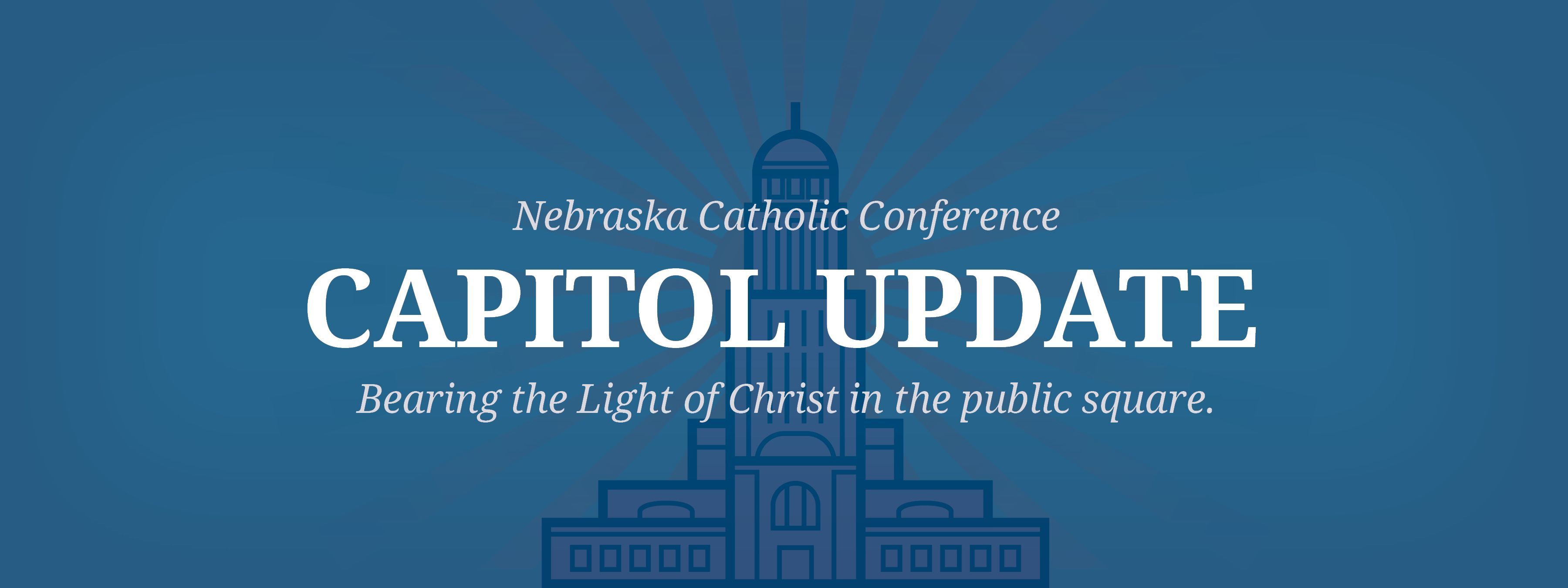The wisdom of the saints is found in the way they lived. The saints exemplify heroic virtue and embody the Gospel. Animated by the Holy Spirit, they radically lived for God and neighbor. They reveal that, with divine grace, a life lived in imitation of Christ is wholly within our grasp. In short, saints reveal to us the way of charity.
This is as true for the saints of old, as it is for the saints of today—and for all those in between, like St. Thomas Aquinas. In fact, it is from St. Thomas Aquinas that I want to draw some lessons about public discourse on political issues.
St. Thomas Aquinas was born in Roccasecca, Italy—roughly halfway between Rome and Naples—in the year 1225. The son of nobility, Thomas’s parents expected a dignified vocation for their child. His early education and vocation took place at the famous Benedictine Abbey of Montecassino (founded by St. Benedict). His mother—the Countess—desired Thomas to become abbot, like Thomas’s uncle. Thomas was eventually sent to Naples to study theology where he happened across the nascent mendicant order established by St. Dominic, the Order of Preachers, whose mission was to unite poverty and study. Contrary to his family’s wishes, Thomas became a member of the Order of Preachers. He spent his life in prayer, study, and teaching until his death in 1274.
Thomas is best known as one of history’s greatest philosophers. Thomas helped revive the philosophical tradition of Aristotle, the great father of ancient philosophy. Though his philosophical and theological knowledge was extensive, Thomas had a knack for clearly and concisely breaking down complex arguments into their component parts.
Thomas debated ideas with reverence for the truth, respect for his opponent, and regard for reason. In other words, you will not find in Thomas’s argumentation the medieval equivalent of a primetime cable news debate where two talking heads are pitted against each other to be observed like roosters in a cock fight for the sake of higher ratings and profit. For Thomas, as Peter Kreeft says, “debate was a fine art, a serious science, and a fascinating entertainment, much more than it is to the modern mind, because the medieval believed, like Socrates, that dialectic could uncover truth.”
Thomas did not treat debates as “a personal contest in cleverness” but as a “shared journey of discovery.” Thomas knew, as Aristotle taught, that “all men by nature desire to know.” Thomas reverenced the search for truth that beats endlessly within the heart of the human person.
Thomas also respected his intellectual adversaries and their God-given dignity. Thomas experienced that the road to truth is through dialogue with one another. As Kreeft observes, Thomas did not treat his opponent’s arguments as “straw men to be knocked down easily, but live options to be considered and learned from.” To quote Josef Pieper: “Accordingly, in his disputes with opponents on contrary positions, Thomas violates all fighting codes. He challenges the opponent not at the weakest spot in his position—too cheap a procedure for Thomas, who was noble in more than name—but, rather, he meets him precisely in the area of his strongest arguments.” In fact, as Pieper continues, Thomas often presented his opponent’s arguments “better, more clearly, and more convincingly than the opponent himself might be able to do.”
Thomas also exhibited a regard for reason by avoiding sensationalism. Thomas avoided emotionally manipulating his opponents, his students, or audience with rhetorical ploys and jargon. Instead, he engaged in disciplined, logical reasoning that responded to the deeper needs of the soul.
Too often in our political climate, public discourse is poisoned with inadequate dialogue and argumentation. Rather than addressing the strongest counterarguments on important public policy matters—whether they relate to immigration, healthcare, abortion, religious freedom, criminal justice—we attack our opponents through straw man arguments and appeal to base emotions. We parrot talking points on repeat until our opponent either gives in or gives up.
But this is no way to live. And it is no way to build up the common good. Thankfully, St. Thomas Aquinas offers us an alternative. He helps us see another way—the way of reason, the way of truth, the way of Christ. May St. Thomas teach us reverence for the truth, respect for our opponent, and regard for reason.







